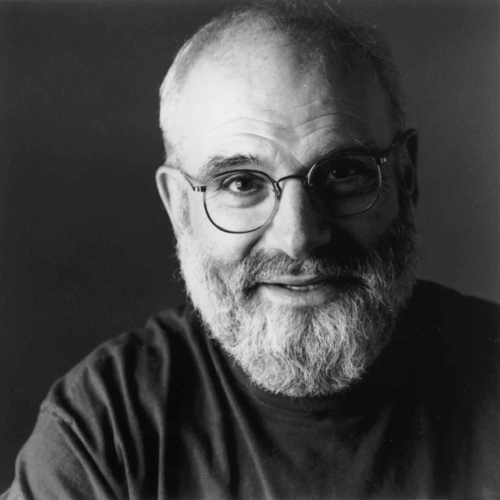Sign up for The Media Today, CJR’s daily newsletter.
In late February of this year, an article called simply “My Own Life” appeared in the Opinion Pages of The New York Times. Written by the beloved late neurologist and author Oliver Sacks, the short piece announced that Sacks had learned of his imminent death from cancer of the liver. He had some months to live and vowed to spend them traveling, writing, and finding “new levels of understanding and insight.”
Write he did. Over the next six months, Sacks published three more essays in the Times, marking the changes in his body, telling stories both silly and serious, looking backward at his life while moving forward toward its end. “My impression was that when he learned he was dying, he was determined to look at his situation in a way he might have looked at some other clinical situation,” says Peter Catapano, the Times editor who handled Sacks’ pieces. “There was definitely a sense of a scientist and a doctor looking at the process of his illness and the effect it was having on him. But there were also deeply personal details.”
Catapano’s working relationship with Sacks began in 2008, when he asked Sacks to contribute a piece for a series on migraines. Several more columns came over the years, including a 2013 piece on aging, while Catapano also independently worked with Sacks’ partner, Bill Hayes. After Sacks’ diagnosis, Hayes and Sacks’ assistant reached out to Catapano to see if The Times might publish his reflections.
“I considered it a real honor to do it,” Catapano says. “Even though it was very difficult and had a very difficult end, I was really pleased that I got the chance to do this.”
Sacks’ essays were uniquely powerful, even as he himself grew less so. The doctor became more widely known with the publication of his best-selling 1973 book Awakenings, which documented his efforts to revive catatonic patients and was later adapted into an Academy Award-nominated film starring Robin Williams as Sacks. Through such work, Sacks became known and loved for his ability to write about medicine with both scientific clarity and full human empathy. The patients in his stories are at turns fascinating, troubling, laughable, and heartbreaking, but first and always people, to be treated with respect. “[His approach] was very unique,” Catapano says. “He had sort of mastered it and he was able to use all those skills in his own story.”
There was definitely a sense of dealing with something more important than I do on a day-to-day basis, because I knew it would be a document of his illness and his last days that a lot of people would eventually read.
Rather than withdrawing from his work, Sacks used his terminal diagnosis as a catalyst, focusing his sharp eye for observation on his own life. (His memoir, On the Move, was published in April.) After the announcement of his illness ran in the Times, four months passed with no new writing. Then came three pieces in rapid succession: in June, “Mishearings,” on the strange quirk of the brain twisting another person’s words; in July, “My Periodic Table,” which compared the elements to years in one’s life; and in August, just two weeks before he passed, “Sabbath,” on the tradition of using the seventh day as a time of rest and reflection.
For Catapano, it was an editing experience unlike any other he’s had in his decade at the Times. “I think it was more of a sense of working on something that was very delicate and personal,” he says.“There was definitely a sense of dealing with something more important than I do on a day-to-day basis, because I knew it would be a document of his illness and his last days that a lot of people would eventually read.”
Those final columns have already resonated with readers, who voiced their support for Sacks over the six months of his writing. His pieces generated hundreds of comments and letters, many of them thanking Sacks for his work, his compassion, and the positive marks he left on the world at large.
“I was always struck by his openness,” Catapano says. “I think the thing that most stuck with me throughout the process was that there was this sense of even as he was getting weaker as time went on, the pieces seemed to be getting stronger and more profound. … That whole sense of him maintaining that mental strength and his strength as a writer when he was losing his physical strength and losing time was really a very affecting experience.”
Oliver Sacks died in his home on August 30. He was 82.
Has America ever needed a media defender more than now? Help us by joining CJR today.



